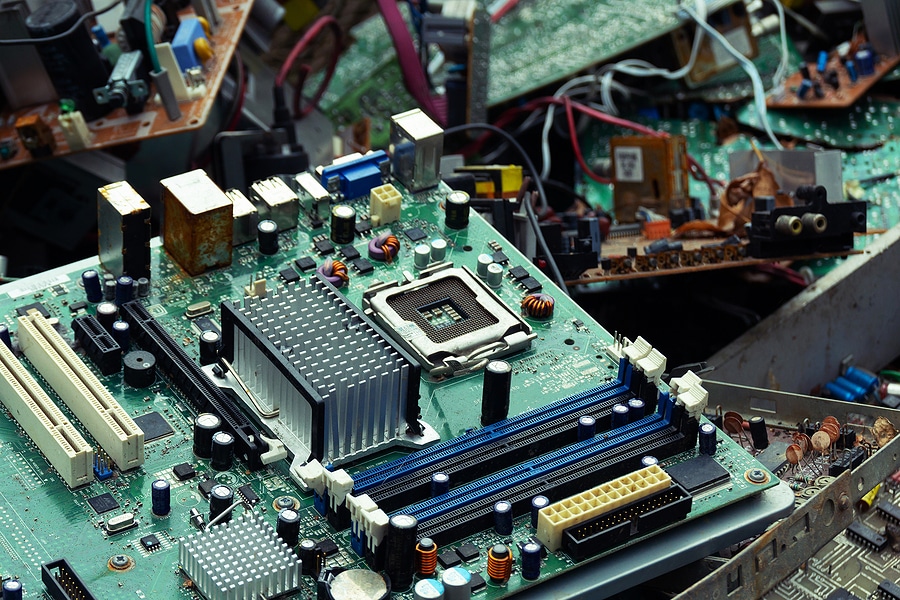Why Do We Need Data Disposal Regulations?

Why Do We Need Data Disposal Regulations?
Data privacy regulations have been put in place to protect the security concerns of private individuals. To comply with these regulations, you should regularly review how your company’s IT equipment is handled at all stages of use.
The importance of having an effective data destruction policy has increased, due in part to the alarming rise in costly data breaches in the US and worldwide. Cybercriminals are constantly developing new ways to exploit the ways companies collect, store, and delete sensitive data.
It was more common in the past to simply toss out old IT equipment after use. However, this disposal method has adverse effects on the environment and puts private individuals at risk of being targets of cybercrime.
Data disposal regulations set important standards for discarding electronic equipment, hard drives, and other kinds of magnetic media.
Data Disposal Regulations
State and local governments enact data disposal regulations to protect the personally identifiable information that government and business entities regularly store and dispose of. Nearly every state in the US has laws in place to protect personally identifiable information.
Electronic Waste Regulations
Many big tech companies have announced goals to reduce or eliminate their contribution to environmental pollution. However, the United States has fallen behind other developed countries in terms of how it recycles, disposes of, and reduces the presence of e-waste in landfills.
Electronic waste that ends up in landfills pollutes ground soil, water sources, and air. In several states, including South Dakota, it may still be legal to dispose of e-waste in the trash without risk of getting fined. But trends are changing the way we think about pollution.
Increasingly, states are predicted to adopt electronic waste regulations that will offer incentives for companies to use environmentally-friendly methods of disposal. State regulations typically establish hefty fines for those who are not in compliance.
Rules about electronic waste recycling, refurbishment, and remarketing of old IT assets are just as important as regulations to protect sensitive data. Companies should pay attention to relevant changes in legislation that set regulations for how they store and dispose of IT assets. Note, the City of Sioux Falls has an ordinance in place banning ewaste from the landfill.
Compliance Issues
The fines and penalties for improper data or electronic waste disposal vary by state, so it’s important to understand and abide by the laws in your area. Adhering to the correct regulations for your state can help you avoid financial and reputational damage.
Companies should take the necessary steps to handle IT equipment appropriately throughout its lifecycle and properly destroy inactive data.
Unfortunately, many companies fail to comply with state and federal standards, leading to major data breaches, environmental damage, and legal liability. Partnering with a data sanitization and disposal professional will help you understand how you should handle your company data and IT assets.
Get More Information
The need for reliable data and IT asset disposal has increased due to the demands of our digital economy. Data destruction regulations in the USA are expected to change in the future, requiring that all organizations remain compliant with rules and regulations for safe and secure data disposal.
Thorough, secure, and responsible data disposal should be a priority for all companies. If you’re interested in learning more about South Dakota and North Dakota data disposal regulations, contact SEAM today!
SEAM provides IT recycling and data destruction services including onsite shredding and hard drive wiping to South Dakota, North Dakota, Minnesota, Iowa, and Nebraska.
Schedule a pickup or contact us for more information.





